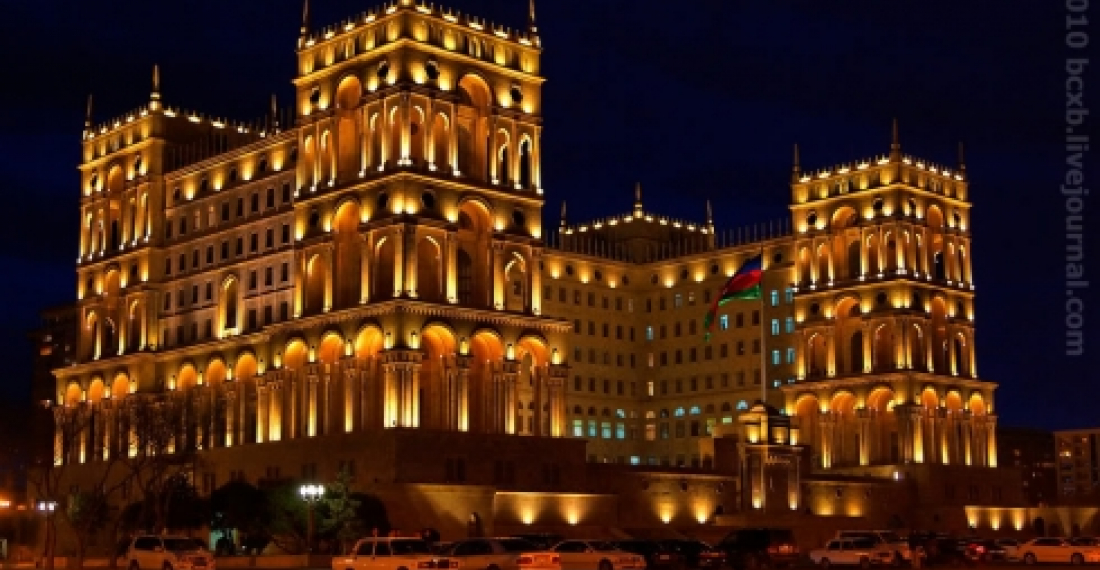The President of Azerbaijan Ilham Aliev has appointed a new Defence Minister. Zakir Hasanov was given the rank of Colonel-General and appointed to head the Defence Ministry replacing Safar Abiyev who had held the post for more than a decade. Hasanov was until now head of the Interior Ministry troops and was not part of the Ministry of Defence establishment.
Amongst the other changes in the Cabinet which were announced today, the Executive Secretary of the ruling New Azerbaijan Party, Ali Akhmadov, was appointed as one of six Deputy Prime Miniisters. Salim Muslumov replaced Fuzuli Alakperov as Minister of Labour and Social Protection. Prior to that Muslumov had been Head of the Social Protection Fund.
Commonspace.eu political editor said in a comment: "Changes in the top echelons of the Azerbaijani government were expected after the 9 October Presidential election. The changes announced today are modest, and it is not clear yet what their full implications are. For example it is not clear if Ali Akhmadov, as Deputy Prime Minister, will continue to head the administration of the New Azerbaijan Party. He was in charge of the election campaign of Ilham Aliev and there are mixed opinions on the success or otherwise of this campaign, even if Aliev was in the end declared elected President with 85% of the vote.
By far the most significant change is the appointment of a new Defence Minister. Safar Abiyev had been Defence Minister for so long nobody could remember the Azerbaijani military under any other head. By bringing somebody from outside the Defence Ministry apparat President Aliev may be hinting at the need for change in the defence establishment, which despite being lavishly funded in recent years, retained major structural problems.
This important but limited cabinet reshuffle is characteristic of Aliev, who since taking over in 2003 has implemented considerable personnel changes in the leadership, but staggered over a period of time. There may be more changes yet, but the government of Azerbaijan does not like drama in its personnel policy, so changes will occur step by step."
source: commonspace.eu with agencies.
image: Government House in Baku (archive picture).







